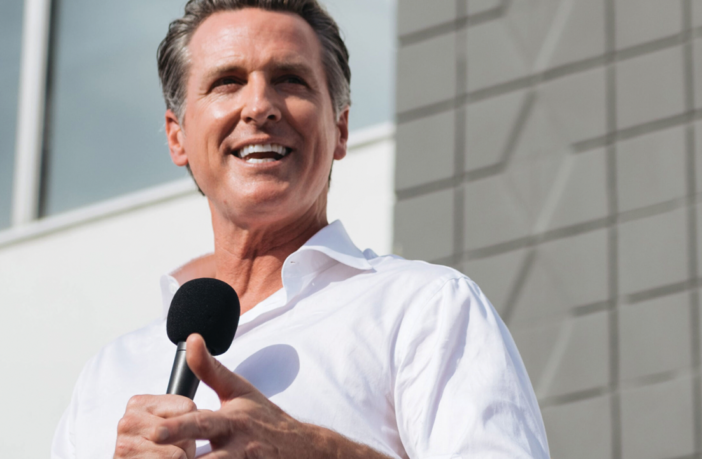Last Updated on June 25, 2024 by BVN
Overview: California Governor Gavin Newsom and leaders of both branches of the legislature have agreed on a $300 billion budget for 2024, which aims to close the remaining $56 billion revenue gap. However, the budget includes cuts to housing programs, healthcare workforce development, government operations, and more, totaling about $16 billion. The agreement also includes a deferment of healthcare wage increases until October, or potentially until 2025, which could save the state hundreds of millions of dollars. The budget aims to set the state on a path for long-term fiscal viability.
S.E. Williams
On June 22, CA Governor Gavin Newsom and leaders of both branches of the legislature announced an agreement on the 2024 state budget. The near $300 billion spending plan aimed at closing the remaining $56 billion revenue gap in the state budget over the next two years.
The good news is that there is a budget agreement and a plan to close the fiscal gap but there are concerns over what will be sacrificed to achieve this goal.
As one might expect, the cuts will be widespread impacting everything from housing programs to healthcare workforce development to government operations, including prisons and totalling about $16 billion.
“Don’t tell me what you value, show me your budget, and I’ll tell you what you value.”
Joe Biden
One element of the budget agreement already raising eyebrows is a deferment of the health care wage increases until October with the possibly of the increase being delayed until 2025. Although there was heavy opposition from labor unions, state officials claim the action could save the state hundreds of millions of dollars.
This decision comes as the state continues to experience a surge in demand for home care services. The surge is being driven by an aging population of Baby Boomers and their increasing preference and demand for home-based care. While this industry is weighted with a shortage of health care service workers, the budget decision may exacerbate the problem.
Home care service providers are not the only ones being impacted. There will be more that three million dollars in previously promised funding that will also be deferred that include the expansion of food benefits to the undocumented, new subsidized child care slots and the commitment to expand broadband internet.
Progressives appear satisfied with the compromise and apparently gained some ground during the negotiations by shrinking the size of cuts to schools. For example, about $5.5 billion cuts initially proposed to school funding were delayed until some unknown time future years due to aggressive pushback from teachers’ unions, etc.
The Governor’s office and legislative officials claim the budget agreement sets the state on a path for long-term fiscal viability.
The Legislature will vote on a series of bills this week just ahead of the new fiscal year beginning July 1.



